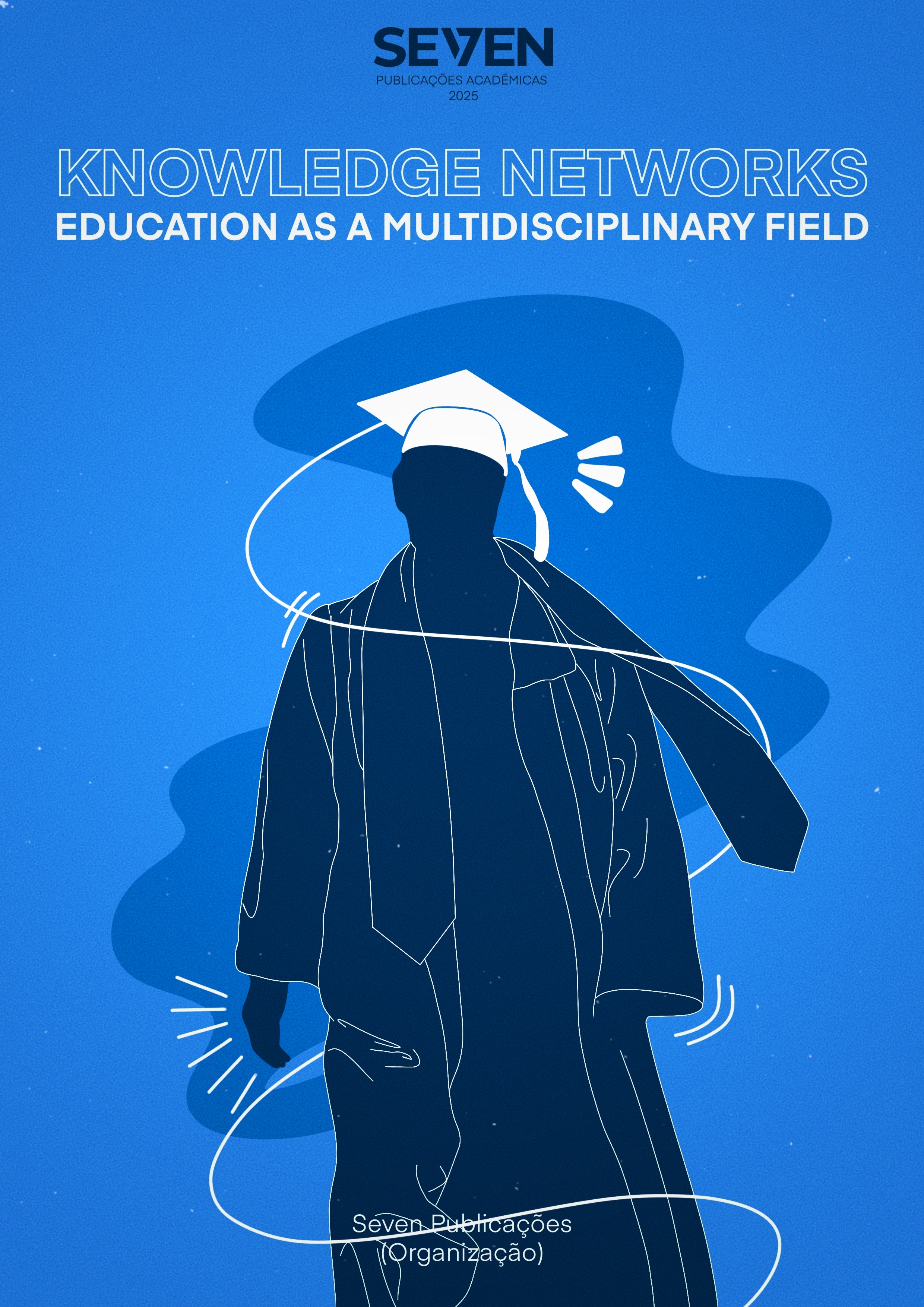GENETICALLY MODIFIED FOOD: A SCIENTIFIC AND SOCIAL APPROACH IN A PUBLIC SCHOOL IN THE AGRESTE REGION OF PERNAMBUCO
Keywords:
Genetically Modified Foods, Genetically Modified Organisms (GMOs), BiotechnologyAbstract
This article presents a pedagogical proposal on genetically modified foods, highlighting the importance of addressing the topic in the school environment to promote scientific literacy and critical thinking. Through a lesson structured in stages: diagnostic, expository, and playful, we sought to assess and expand students' knowledge about Genetically Modified Organisms (GMOs), their benefits, risks, and social and environmental implications. The results showed significant progress in students' understanding after the intervention, with a significant increase in average scores and greater participation in discussions. Based on authors such as FAO (2017), Paine et al. (2005), and Schurman & Munro (2010), among others, the study shows that interactive and contextualized methodologies are effective in filling conceptual gaps and training citizens to be more aware and prepared to participate in debates on food security and biotechnology. The initial diagnostic assessment revealed an overall average of only 23.6% correct answers, highlighting weaknesses in understanding the topic. Specific questions such as definition, purpose, and examples of GMOs obtained low correct answer rates, ranging from 15% to 32%. After implementing the pedagogical proposal, students showed significant improvement, achieving an average score of 4.2 out of 5 in the final assessment. In the playful stage, 89% of the class actively participated in the activity, and 43% of the students achieved superior performance, with correct answers above 80% of the concepts discussed orally. These data reinforce the positive impact of teaching strategies that prioritize student leadership and the contextualization of scientific content with current and socially relevant topics.
Downloads
Published
Issue
Section
License
Copyright (c) 2025 Nícolas Gabriel dos Santos Fabricio, Rogério dos Santos Lopes, Alice Fernanda da Silva, Gilmara Ferreira de Araújo, Xênia de Santana Alves, Maria do Livramento Ferreira Lima, Rita de Cássia Freire de Melo Goldbaum, Ubirany Lopes Ferreira

This work is licensed under a Creative Commons Attribution-NonCommercial 4.0 International License.





